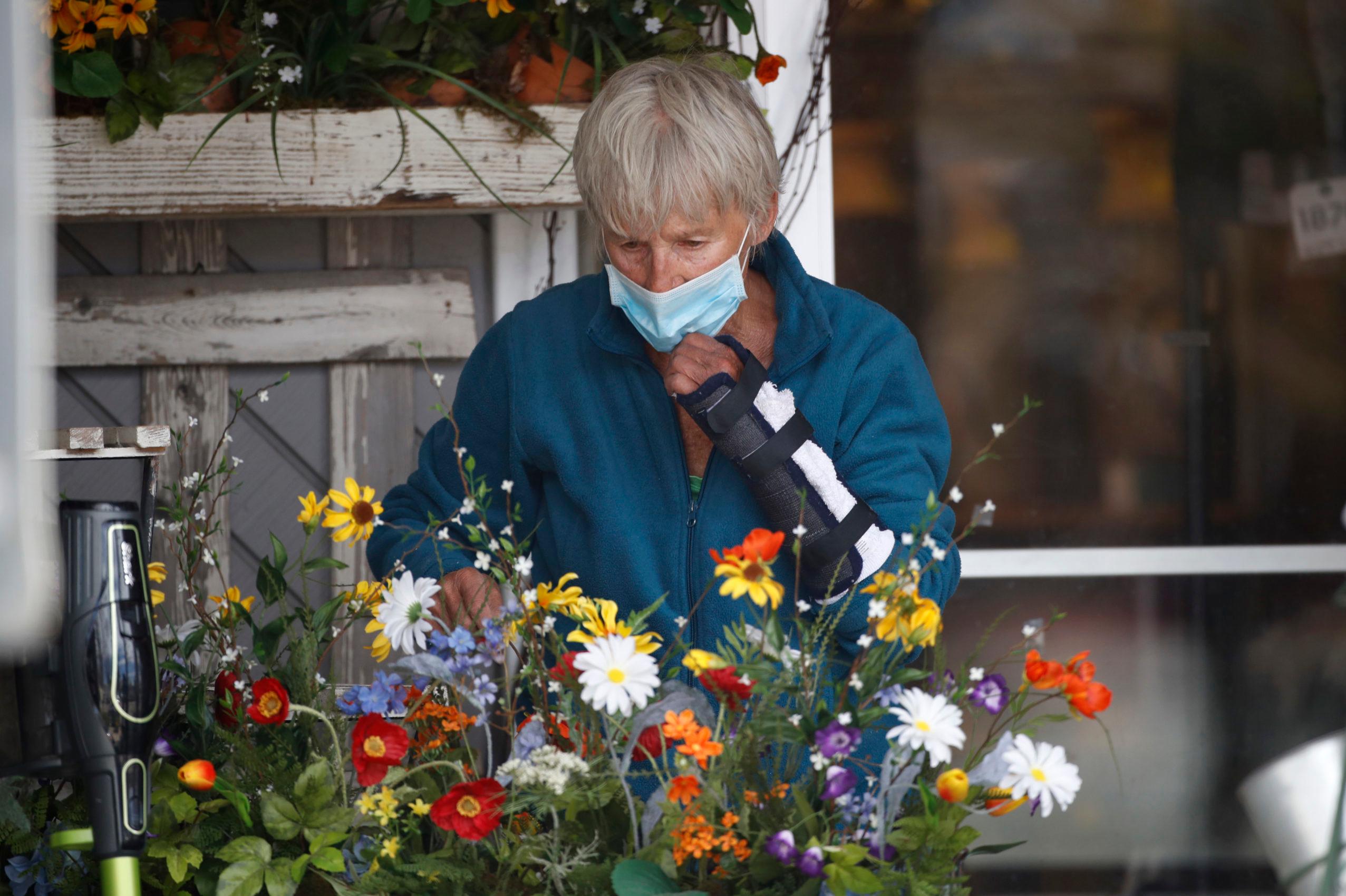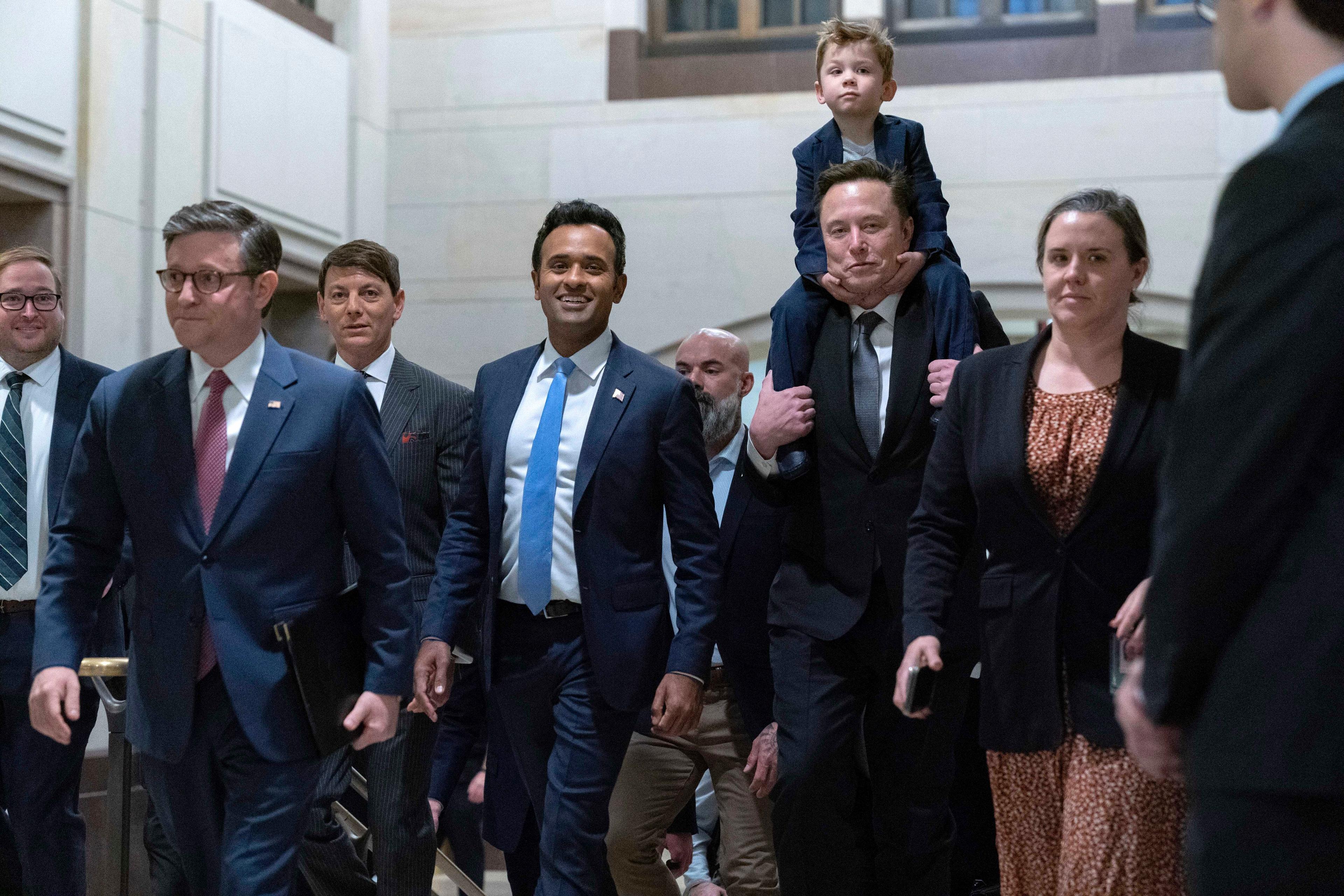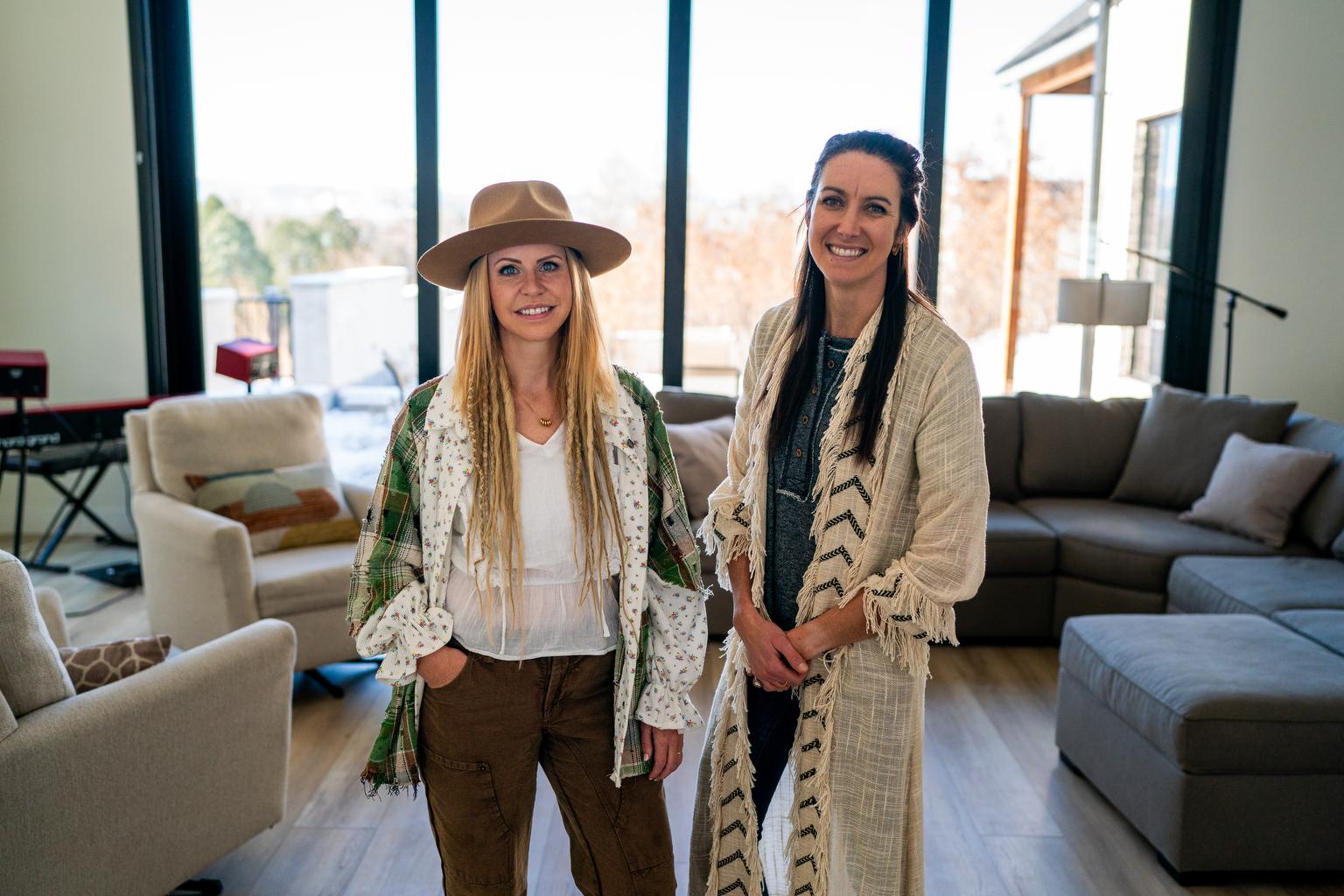
Coloradans have been living under unusual new rules since the coronavirus pandemic hit the state. Stay at home, wear a mask, stay 6 feet apart, limit travel. Colorado Public Radio frequently gets your questions about this. Some wonder whether the state or counties have the right to impose these rules. Others wonder if their grocery store or hardware store should be cracking down on people who don’t follow the rules.

In both cases the answer is yes.
Colorado Attorney General Phil Weiser said it’s very clear that state and local officials have the right to enforce rules in a health emergency.
“This has been upheld repeatedly,” Weiser said. “No one has the right to expose the community to communicable disease.”
Public health departments at both the state and county level can issue orders, and Gov. Jared Polis has emergency powers too. That’s why he could shut down ski resorts, schools and workplaces. This right is in the state constitution (Article IV, Section 2) and encompassed also in a law passed by the legislature: Colorado Disaster Emergency Act, CRS 24-33.5-701.
“The basic idea is if to protect the overall public health, we have to impose certain restrictions, that is acceptable,” Weiser said. “That’s a tried and true principle.”
In fact, that principle was on trial in Colorado when Denver man Michael Lawrence asked a federal court to block the governor’s stay-at-home order issue in March. Lawrence told the court it violated his constitutional rights — of free assembly, of religion because his church suspended Mass — and cost him his job.
Federal Judge Daniel Domenico denied the claims, citing clear rights of elected officials to prevent the spread of disease.
“This court must take care not to unnecessarily trespass on decisions that are properly within the purview of the State’s and City’s elected officials,” Domenico wrote.
The U.S. Supreme Court also sided with a state’s right to impose restrictions in a pandemic on May 5. A coalition of businesses in Pennsylvania sued to stop business closures ordered by the governor, but the state supreme court backed the governor, and the U.S. Supreme court refused to grant a stay of the closures.
Citizens can and should still act as a check on elected officials, Weiser said.
“Obviously there is frustration out there and people will have the right to go to court to challenge restrictions.” He also notes they can register their concerns with local and state officials. And Weiser said officials are carefully weighing these decisions.
“The restrictions that we’re now dealing with are not trivial. They are causing huge disruption,’ Weiser said. “It’s essential that at every step we’re asking ‘is the evidence justifying the restrictions?’ ”
Who’s in Charge
Restrictions are evolving as the state and counties begin to open up the economy. Polis has eased the “stay at home” order to “safer at home” that allows more movement and some businesses to open. But his order still has pages of rules about how to do that. And several counties are retaining stricter stay-at-home orders, while others are asking to be less strict than the state.
These orders are mandatory.
“Public health law sets out very plainly that violations of public health orders can be enforced either civilly or, in some extreme cases, even criminally,” Weiser said.
Cindy Letkemann is one of the people who contacted CPR through Colorado Wonders asking who is in charge.
“If people show up at a Colorado business without a mask now that we are reopening, can the business refuse entrance to that customer?” Letkemann said.
They can. They’re responsible for meeting the state and local requirements about masks in public and social distancing.
This wasn’t exactly clear at first, and there were many reports of stores where employees weren’t all wearing masks, much less their customers. Polis made this requirement clearer on April 3.
Chris Donato, brand manager at Pizzeria Locale, said the business intends to enforce the rule at it’s three Denver locations — no mask, no pizza.
He told Denverite that most of their business lately has been online ordering and delivery, but as they move to add the pick-up option, masks will be crucial.
“You can still come off the street and say, ‘Hey, I want a cheese pizza,’ and as long as you are wearing a mask, we’ll happily make you that cheese pizza.”
He can do that. You know the phrase “No shirt, no shoes, no service?” It can go for masks too. There’s one caveat — a store cannot discriminate by refusing to serve only certain kinds of people who don’t wear masks. The state Civil Rights Commission would want to hear if that happened.
Policing these measures will be a combination of efforts. Citizens can report to a governor’s hotline or their county health department if they see businesses or their own workplace failing to comply. Even then, though, state and local officials would prefer educating people rather than writing citations.
Weiser said a state hotline run out of his office got more than 4,000 calls since it was set up in March, mostly people reporting a non-essential business that was open, or that an essential business was not following safe practices.
“Our experience was just overwhelming once we made that first inquiry and we said ‘do you realize you’re operating in a way that goes outside the public health order?’ people said ‘oh, we’re sorry, we’ll stop.’” Weiser said.
He said a handful of times the state had to issue cease and desist orders, most notably in the case of Hobby Lobby, and in a few cases local officials have chained shut the doors to a business that wouldn’t comply.
But Weiser said officials plan to rely on gentle reminders, at least to start.
“So overall the message has to be, ‘we’re in this together, let’s all be responsible and let’s all take appropriate precautions,’ ” he said.
Polis also just named members to a new Advisory Committee for Cooperation and Implementation. The committee will advise Polis and the state Department of Public Health and the Environment on how to use education and enforcement to maximize social distancing.









